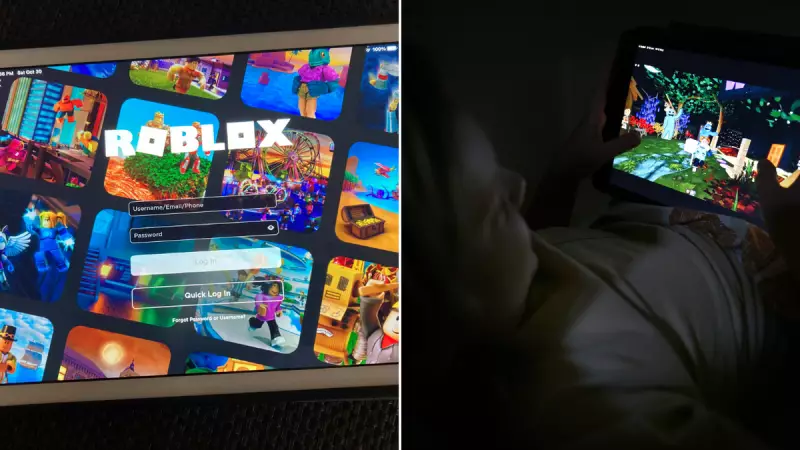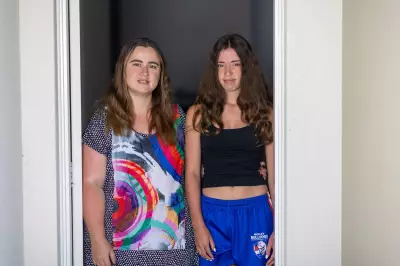
Australian politicians and leading safety experts are demanding the popular online game Roblox be included in the government's planned social media age ban, arguing that critical gaps in the legislation could expose children to significant harm.
The Creative Platform with a Dark Side
Professor Lisa Given, an information sciences expert from RMIT in Melbourne, acknowledges Roblox's appeal as a creative outlet for children. "Roblox is really interesting. It's a creative space. Very many children are on this platform because it allows them to really build new worlds, use their creativity to the best of their abilities," Given said.
However, she and others are sounding the alarm on the platform's massive social component, which blurs the line between a game and a social network. With a staggering user base of over 380 million people worldwide, the platform's sheer scale presents unique challenges.
Why Gaming Platforms Are a Predatory Risk
The proposed legislation currently exempts gaming platforms, despite many, like Roblox, featuring extensive social interaction capabilities. This exemption is where the danger lies, according to experts.
"The critical piece here is that many of these platforms also have a huge social component," Given explained. "So it becomes a really complex question of are they considered social media? Are they something different?"
Professor Given highlighted specific and alarming concerns about predatory behaviour, stating, "We know that Roblox in particular has had a lot of concerns around grooming. Many predators are active on these spaces because so many children are on the platforms."
Protecting Your Children in a Digital World
Experts warn that the age ban, while well-intentioned, could create a false sense of security for parents. Professor Given described the policy as sounding "simple on paper" but "very difficult to implement because of the nature of these platforms."
In response to these concerns, Roblox has announced plans to strengthen its privacy controls and give parents more oversight, with these changes expected to roll out soon.
For now, the onus remains on parents to be actively involved. Professor Given's primary advice is clear: "The number one piece always is: know what your kids are doing. What are the platforms they're engaging in? Ideally, parents should be working and playing with their kids on these platforms."
She strongly recommends that Australian families utilise the resources provided by the eSafety Commissioner's Office, which offers comprehensive toolkits and guidance on combating online harm and understanding the digital environments where children spend their time.





